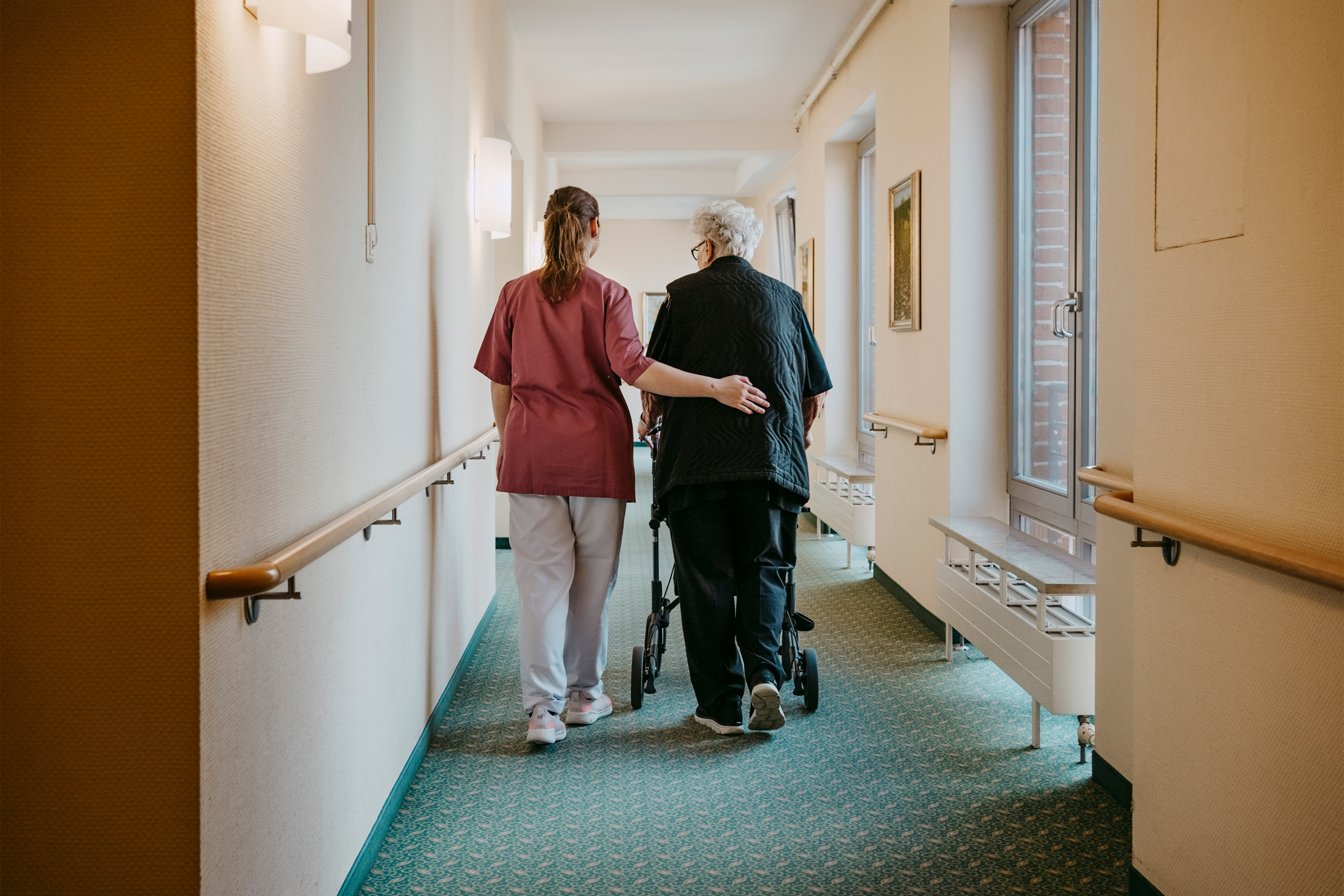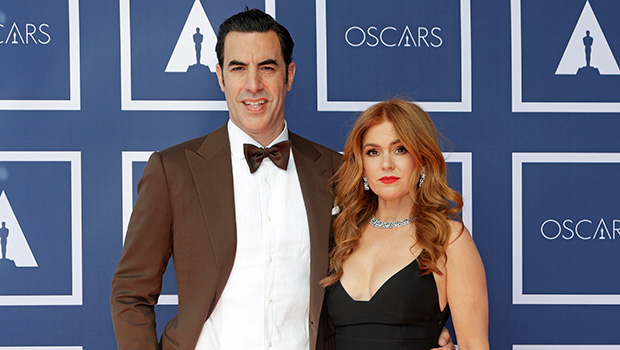Sponsored by Sanofi
Presented by:Kemi Osundina
Lead Director Of U.S Public Affairs, Patient Advocacy Transplant Lead At Sanofi
Alana H., Two-Time Kidney Living Donor Recipient
Reggie C. Living Kidney Donor
Kemi Osundina, Lead Director Of U.S Public Affairs, Patient Advocacy Transplant Lead At Sanofi, sat in conversation with Alana H., a two-time kidney recipient from living donors, and her husband Reggie C. about the critical information Black people need to know about living donor kidney transplants at the Black Health Matters Spring Summit.
The summit was held in Washington, D.C., an area of the nation with a remarkably high rate of kidney disease.
Osundina described Sanofi’s commitment to providing patients and potential donors with the information needed to save their lives. “Our kidney transplant connectors program combines education and first-hand stories for those on the waitlist or considering a donation, and we help them to understand their options and take action,” she said. “The program is available in person or as a live webinar, and each program is provided by one recipient and one donor who share their personal stories, as well as educational information, the importance of self-advocacy, and tips on talking to your friends and family about the process.”
She acknowledged the challenges faced by Black patients seeking care.
“There are many transplant disparities and unique barriers for African Americans to gain access to a transplant. Most people that need a transplant can’t get one and, unfortunately, out of the more than 100,000 people on the waitlist that are waiting for a life-saving transplant, nearly 30 percent are from the Black community,” said Osundina. She also explained what she believed to be one of the causes of this harrowing statistic. “One of the reasons is low health literacy. Fifty-seven percent of African Americans have less understanding of basic Health Care information than our white counterparts.”
Another reason is systemic biases. According to data collected from the United Network for Organ Sharing database, “Published reports show that Black patients are less likely to be referred for transplant evaluation” and “are delayed in transplantation registration, progress slower through the waiting list, and are ultimately less likely to receive a transplant compared to the non-Hispanic white population.”
Diagnosed with Kidney disease at just thirteen years old, Alana received her first kidney from her brother. Later in life, she was disappointed to learn that she would need another transplant to continue thriving. She and her husband had a backup plan in case of this.
“It was important to pursue a Black kidney donor because we will have more markers that will match,” she said.
This time, as an adult woman, she actively participated in developing her treatment plan.
She was also willing to share her story to save others.
“When I learned that Blacks were 25 less likely to be waitlisted on a kidney transplantation. Um, I knew that I wanted to be an advocate and speak out for that. Being on the waitlist for an extended period of time means more time on dialysis, and more time on dialysis can affect the outcome of your transplanted kidney,” she said.
Her husband Reggie was initially rejected as a donor, and he walked the audience through the actions he took to qualify, including lifestyle changes to a renal-friendly diet. “All my tests came back normal, except for my angiogram and come to find out. I suffer from kidney stones,” he said. “But due to some self-advocacy, we could overcome that obstacle.”
Reggie revealed how having access to another living donor informed his actions as a donor. “I was fortunate that her brother actually was her first donor. So, I was blessed now to be able to see the process through him. So it made my decision to be a donor that much easier,” he said.
Alana interjected to share how the couple advocated for their family to facilitate the transplant through persistence.
“You may not be a medical professional, you may not have a PhD, but I say get a PhD in properly handling your disease,” said Alana. “If your primary care doctor is not meeting your needs, find another one.”
Learn more about the Sanofi kidney transplant connectors program here.



















Discussion about this post